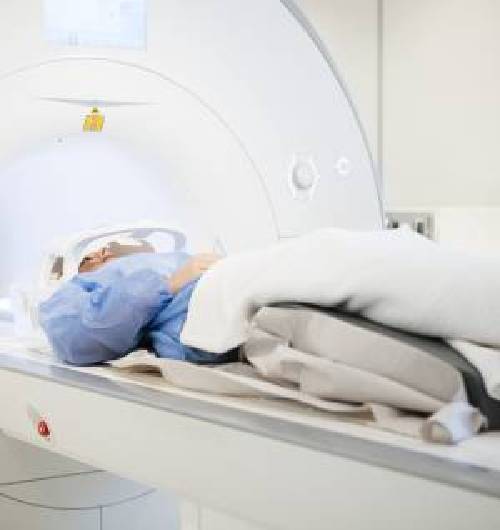Nuclear medicine refers to the branch of medicine that involves administering radioactive substances in order to diagnose and treat a number of medical conditions, including some forms of cancer. When used for monitoring or diagnosis of cancer, a number of radionuclides will be administered, through IV, oral route or inhalation. These radionuclides are derivatives of radioactive elements including gallium, technetium, xenon, thallium, and iodine.
Basically, which radionuclide is suitable for the nuclear imaging or scan depends on the target organ and the type of diagnosis. In contrast to the traditional imaging techniques which focus on the primary structures only, nuclear medicine and imaging procedures can visualize the body's functioning at molecular and cellular level. This allows the cancer specialist to identify disease in its earliest stages. The scans are also used to decide if the treatment is working and to devise more effective treatment for the patients. At American Oncology Institute, we boast of a well-equipped Nuclear Medicine Department, backed by a highly trained and experienced staff, ensuring global quality standards.

Life does not stop when cancer strikes.
We are with you in this fight to win over cancer. We are here to give you the strength to recover through a comprehensive cancer care program.
